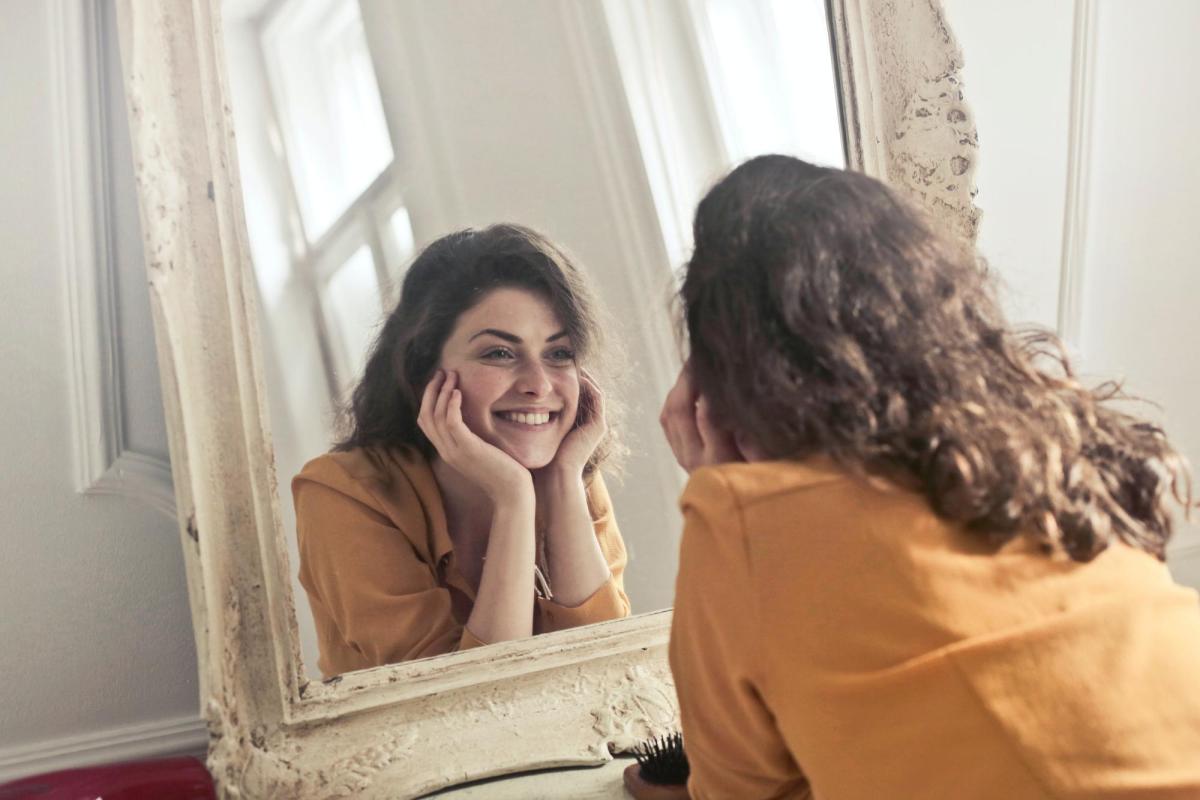Community Edition - Nov. 14, 2021
Discover What's Here
Healing Colorado’s Collective Trauma: A workshop Dec. 1–2
In the last 20 years, Colorado has been disproportionately impacted by violence, and it ranks fourth in the U.S. in the number of mass shootings. Join this CU Boulder-Naropa University event to explore violence prevention and healing.
CU Boulder community work featured in Museum of Boulder exhibit
A group of CU Boulder artists and technologists, many of whom share connections with the ATLAS Institute, contributed to the Museum of Boulder’s newest exhibit “Convivial Machines,” which opened in October.
Research in Your Backyard
Diet, exercise can improve teens’ mental health
In a wide-ranging, international, multi-disciplinary project to improve mental health in teens, researchers found diet, nutrition and exercise are among the most accessible and effective interventions to reduce depression in young people.
Female bushbabies more stressed, may be more vulnerable to changing environment
Life isn't always easy for small primates in the Soutpansberg Mountains of South Africa––foraging for food, contending with cold temperatures and fighting off rivals. A new study explores how they may weather the environmental changes ahead.
Algorithms aren’t fair. Robin Burke wants to change that
The machine-learning systems that help your phone recommend music, movies, news and more can be biased in ways that leave out artists from underrepresented groups or foster polarization. Professor Robin Burke is working to change that.
New space telescope to peer back at the universe’s first galaxies
The decades-in-the-making James Webb Space Telescope will observe light from the dawn of the universe and may even detect the gases swirling in the atmospheres of alien planets.
In Focus

Nearly half of the adult U.S. population is single, and half of that population isn't interested in dating. Yet, society still focuses on marriage and relationships as the endgame. Marketing and psychology professor Peter McGraw offers a new perspective on how we see solos.








